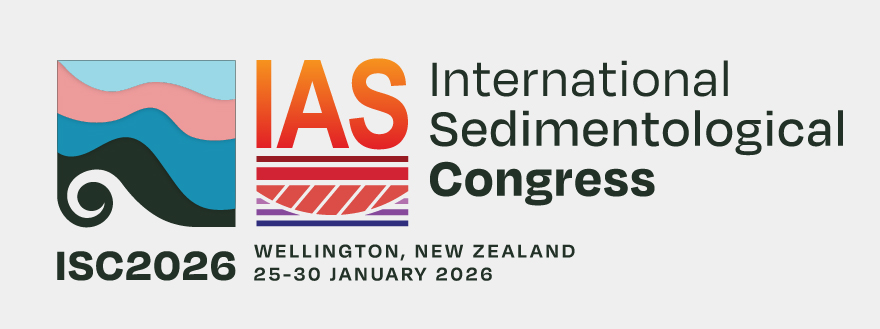Keynote Speakers
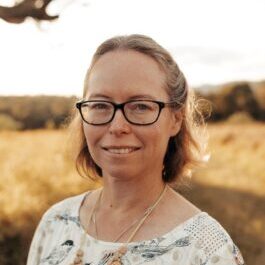
Helen Bostock, University of Queensland, Australia
Marine sediment dynamics and paleoceanography of the New Zealand region
Professor Helen Bostock is a marine geologist at the University of Queensland, specialising in sedimentology and micropaleontology to assess paleoceanographic changes. She has worked in industry, government and academia over the last 25 years on a wide range of questions from marine resources to anthropogenic pollution. Most of her research focusses on ocean-climate interactions in the Southwest Pacific, leading and participating in 14 open ocean research voyages from the tropics to Antarctica.
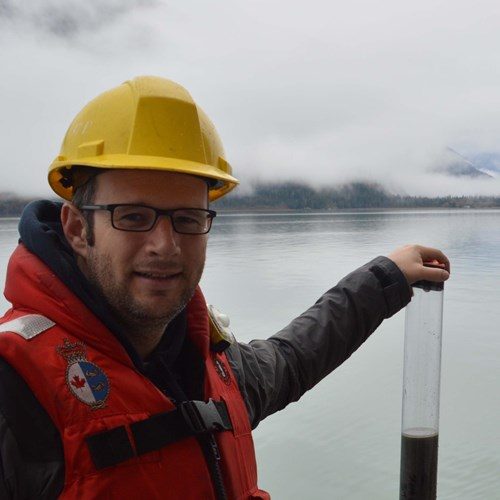
Matthieu Cartigny, Durham University, United Kingdom
Direct measurement of sediment concentration profiles in a turbidity current coming down the Congo Canyon
Matthieu is an Associate Professor and a Royal Society Research Fellow at the Geography Department of Durham University in the UK. His research is focused on sediment transport over the ocean floor. His ocean-floor research combines direct observations, numerical models and physical experiments and centres on understanding the physical processes that shape ocean floor and their associated fluxes of sediment into the deep sea.
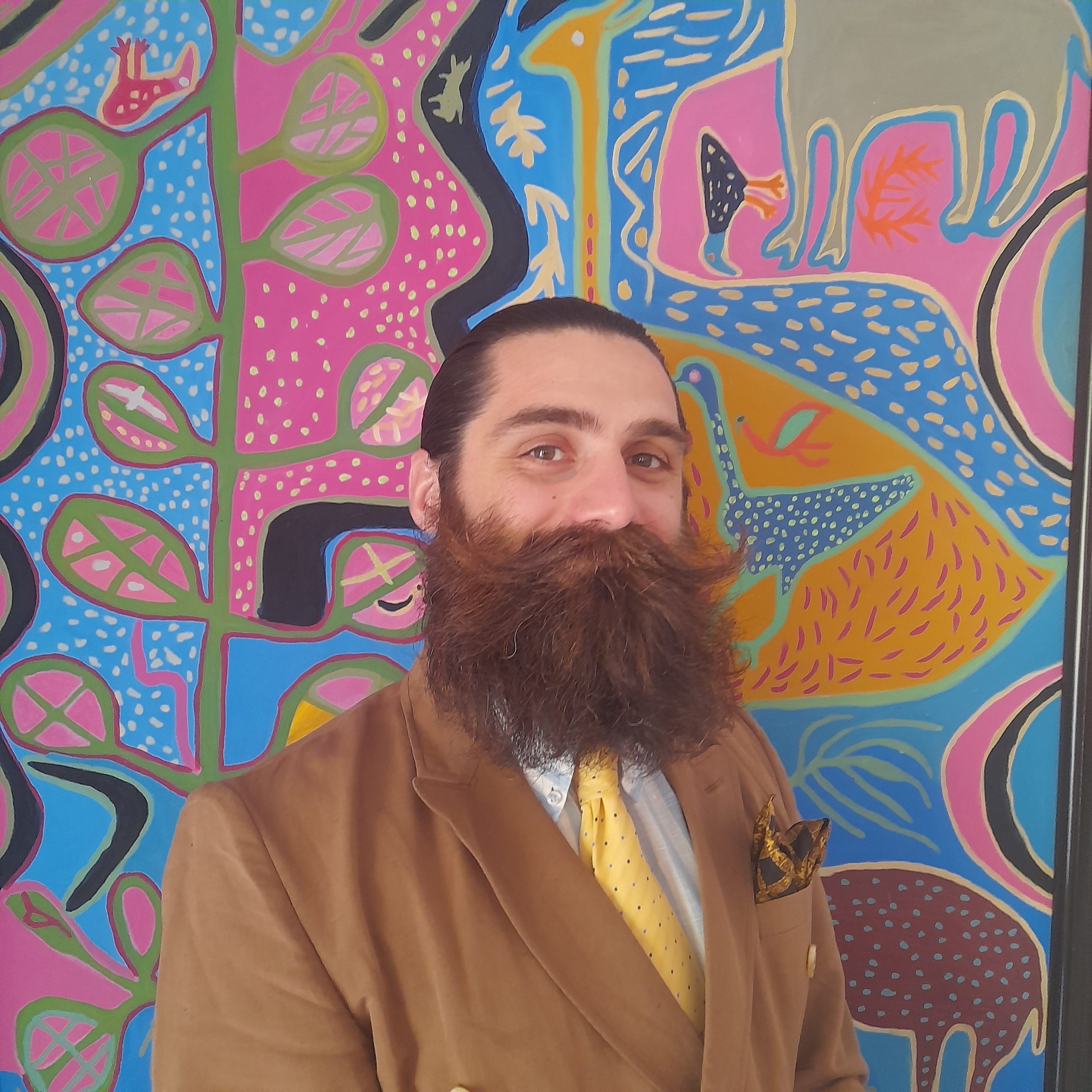
Fulvio Franchi, Università Di Bari, Italy
Shallow subsurface playa lake sediments: implications for the interpretation of Martian lacustrine deposits.
Fulvio Franchi is an Associate Professor at the Università di Bari - Aldo Moro (Italy) where he recently moved after 9 years in Botswana. Fulvio's work is at the crossroad between planetary science and sedimentology with a clear interest for astrobiology and characterisation of extreme environments. As a field geologist, with a deep love for the African wilderness, he led several research expeditions in Angola, Botswana, Mozambique, South Africa and Zimbabwe. He has coordinated the planetary field analogue of the Makgadikadi Pans in Botswana as part of the Europlanet 2024 Research infrastructure. Fulvio has been very active in fostering the growth of Planetary Science in Africa leading EC-funded projects such as the Pan African Planetary and Space Science Network (PAPSSN) and FAST4Future (Focus on Africa Space Science for Future Development).
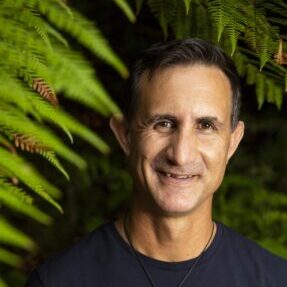
Dan Hikuroa (Ngāti Maniapoto, Waikato-Tainui, Ngaati Whanaunga, Pākehā), University of Auckland, New Zealand
Heeding Parawhenuamea - Being a good ancestor
Dan Hikuroa (Ngāti Maniapoto, Ngaati Whanaunga, Ngāti Mahuta, Pākehā) is a father, surfer, paddle-boarder, gardener, loves the taiao and is an Associate Professor in Māori Studies, Waipapa Taumata Rau-University of Auckland. Dan is an established world expert on weaving indigenous knowledge and science to realise the dreams of the communities he works with. Dan has been spearheading alternative ways of undertaking development and assessing sustainability, including braiding indigenous knowledge and epistemologies with science and into policies, assessment frameworks and decision-support tools. Dan is UNESCO New Zealand Commissioner for Culture, member of Pou Herenga, Māori Advisory to the Climate Change Commission, has key roles within New Zealand’s Centres of Research Excellence, advises national and regional government, communities and philanthropic trusts, member of several significant international research teams and formerly AGU Council. He is member of Ngā Ara Whetū, Te Pūtahi o Pūtaiao and Te Ao Mārama, Research Centres at Waipapa Taumata Rau -University of Auckland.

Jamie Howarth, Te Herenga Waka, Victoria University of Wellington, New Zealand
Quantifying the Seismic Hazardscape from Lake and Marine Sedimentary Records
Jamie is an Associate Professor in Earth Science at Te Herenga Waka, Victoria University of Wellington. His research uses sedimentary records to increase our understanding of high magnitude, low frequency events and how landscapes respond to them over timeframes beyond human observation. His current research activity is focused on large earthquakes, specifically: the earthquake behaviour of, and hazard posed by, Aotearoa-New Zealand's plate boundary faults, and the hazardscape generated by these earthquakes.

Kyoko Kataoka, Niigata University, Japan
From "Volcanic Sedimentology" to "Sedimentary Volcanology": the role of volcaniclastic deposits in terrestrial and deep-water environments
Kyoko Kataoka is a professor in Volcanic Sedimentology and Natural Hazard Science at Niigata University, and an associate member of the Science Council of Japan. Her research covers a wide range of "volcanic" fluvial, lacustrine, and marine environments, and encompasses diverse mass flow hazards-including lahars, volcanogenic floods, debris avalanches, and volcaniclastic turbidity currents-and their long-term impact on sedimentary systems. With 25 years of experience studying volcanoes and volcaniclastic successions in Japan and other continents, her interdisciplinary research combines sedimentology, volcanology, geomorphology, and geo-archaeology to understand both modern and ancient volcanic systems. She has led several projects on hazard assessment relating to mass flow phenomena during and after recent volcanic disasters, including the 2014 Mt Ontake eruption and the 2018 Mt Kusatsu-Shirane eruption in Japan. She has also worked as an advisory board member for volcanic hazard evacuation planning for local communities, putting her research into practice in real-world contexts.
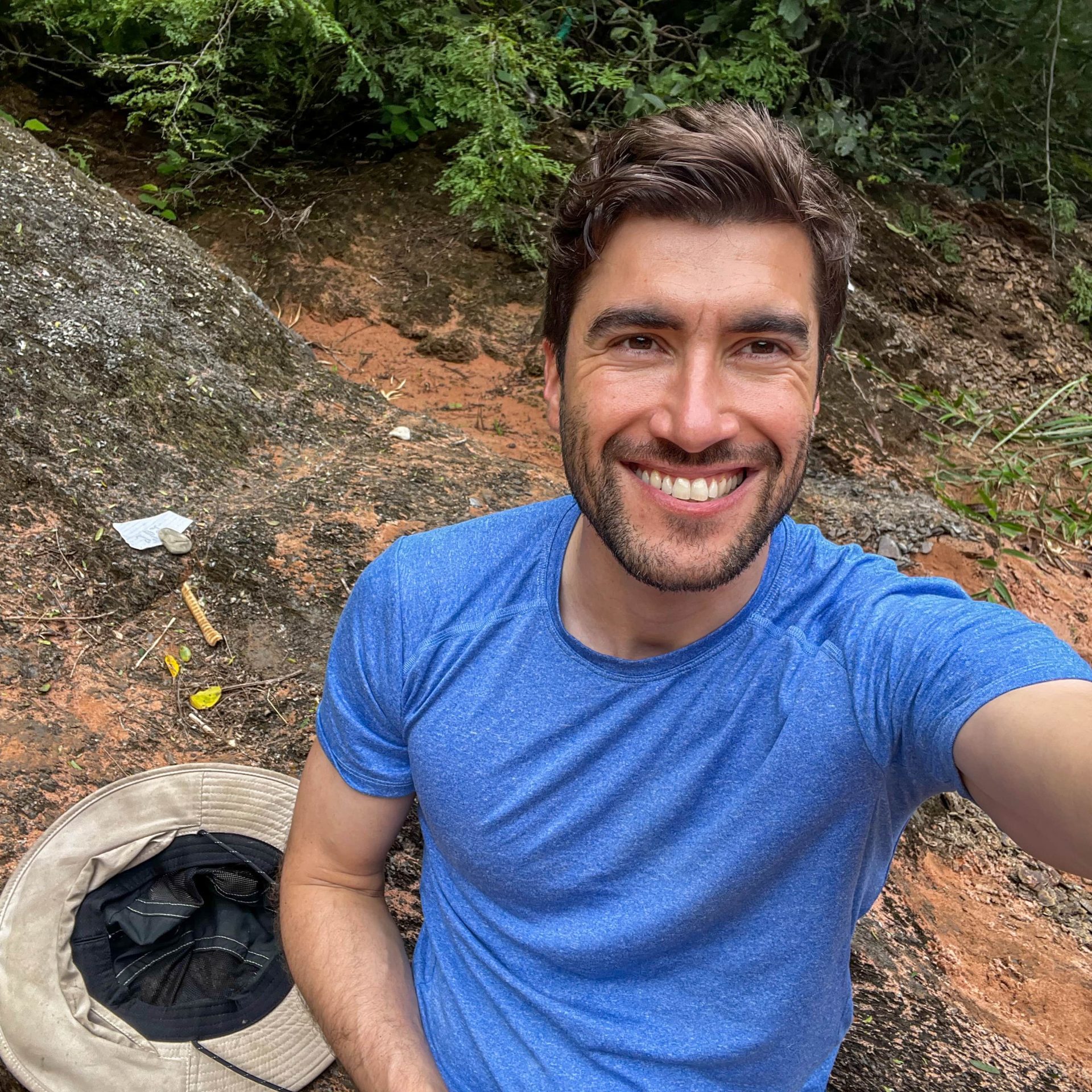
Mariano Remirez, University of Copenhagen, Denmark
Ocean fertilization and anoxia: tracing the role of early land plants in climate feedbacks
Mariano is a sedimentary geochemist who currently holds a position as postdoctoral researcher in the Department of Geosciences and Natural Resource Management at the University of Copenhagen, Denmark. Originally from northern Patagonia, he earned his PhD in Natural Sciences from the National University of La Plata, Argentina. His research combines sedimentology and geochemistry of carbonates and black shales to uncover how oceans have evolved through time, focusing on anoxic events, mass extinctions, and the rise of early ecosystems. Mariano also has a strong background in science teaching and pedagogy, which complements his research and outreach activities. He also serves as an Early Career Director on the Geochemical Society Board and is a member of the IAS Early Career Scientists Committee. Beyond the lab, he enjoys spending time with friends, traveling, watching football, and exploring the outdoors.
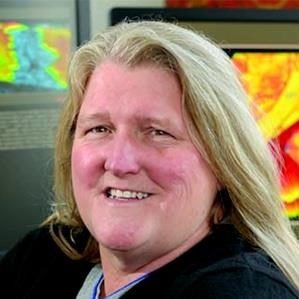
Lesli Wood, Colorado School of Mines, USA
Deepwater Fan Giants and Mountains of Mud: A Caribbean Kaleidoscope of Ancient Seascapes and Hidden Continents
Dr. Wood is the Robert J. Weimer Distinguished Professor of Sedimentary and Petroleum Geology at Colorado School of Mines in Geology and Geological Engineering. She is the current President of SEPM Society for Sedimentary Geology, a member of the American Association of Petroleum Geologists and winner of the 2022 AAPG Robert Berg Award for “..singular contribution to the science of petroleum exploration and development”. She has been a IAS member for 10 years. Following five years in industry, she joined the BEG at the University of Texas directing the Quantitative Clastics Laboratory before moving to MINES in 2015.
